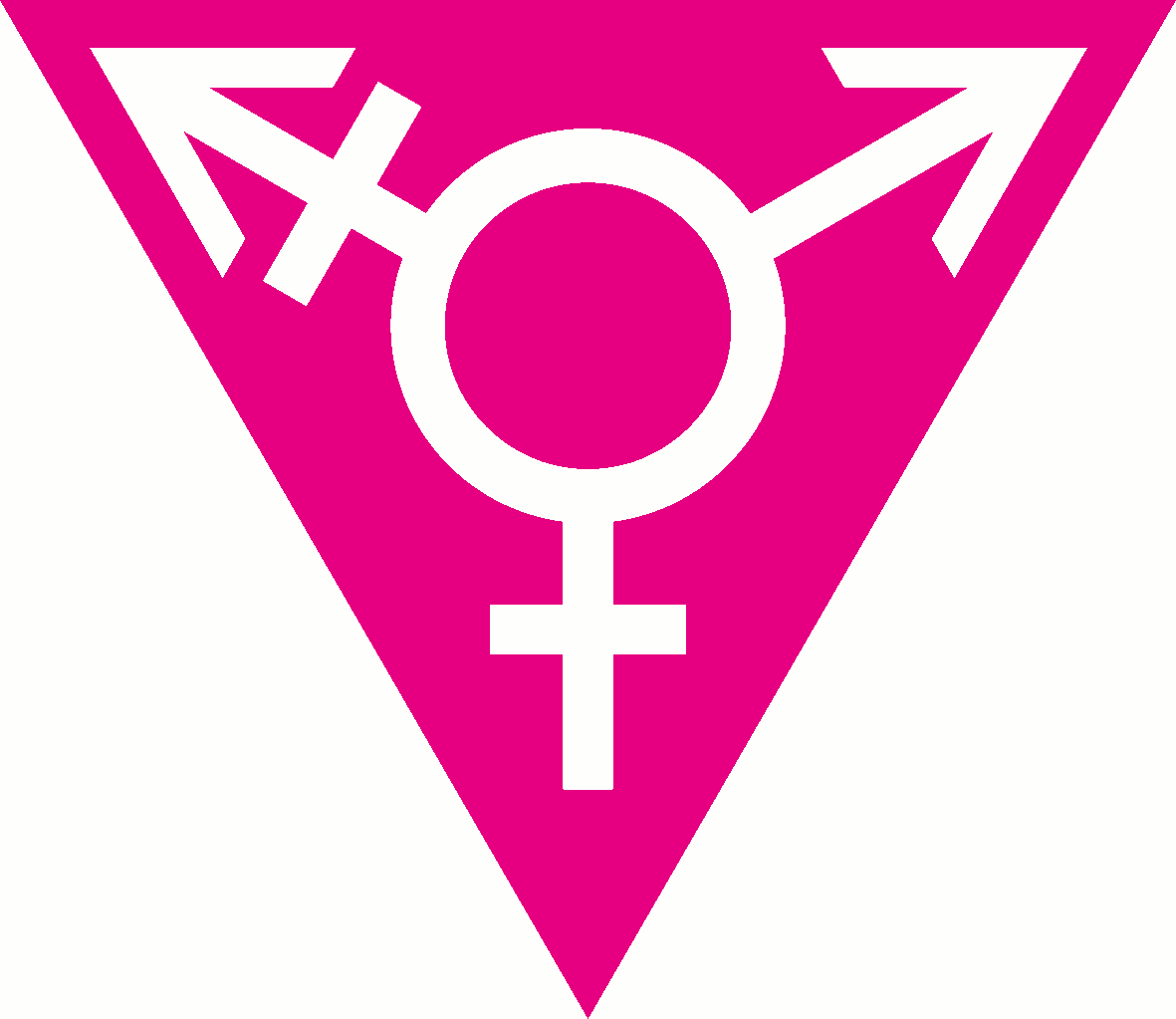By Olivia Lease and Kallie Winston
Transcript Correspondents
On April 14, the faculty dining room in Hamilton-Williams Campus Center was filled with people, including a large number of freshmen, eager to discuss and learn more about transgender issues.
Seniors Skylar Drake and Nora Anderson held another Trans-ition Your Outlook event, as the previously first one conflicted with other campus events.
At the start of the meeting, Drake and Anderson addressed three terms: cis, trans and non-binary. The word “trans” commonly means across from one another, while “cis” is the opposite of trans. A “non-binary” individual is someone who does not identify as male or female. Commonly, transgender and non-binary are used interchangeably.
Drake explained that she and Anderson were “cis” women who wished to shed light on the issue of non-binary individuals on the OWU campus.
“I am a cis woman who does not know enough about transgender issues,” Drake said. “I have seen how my friends who are transgender are affected when people do not know their preferred pronoun usage.
Anderson explained the correct pronoun usage is he, she, or they for any person. One must refer to another individual with the pronoun he, she, or they choose.
Ashley Biser, politics and government professor and chair of the Committee on Women and Gender, attended the event. Biser said Ohio Wesleyan’s current integration of the issue is “sporadic.”
“There are many people who are very supportive, there are many people who don’t know a lot, there are many people who would like to learn and there are some people who are sort of oblivious to this issue,” she said.
Junior Liz Dickson said they attended the event because “it is personally really relevant to me.”
“I identify as genderqueer and I am constantly misgendered in and outside of the classroom on this campus,” Dickson said.
Dickson transferred to OWU from another institution partially because their previous university had no gender-inclusive housing.
The issue of OWU’s lack of all-gender housing and gender-neutral bathrooms was brought up in the discussion.
Regarding OWU’s first steps toward more gender inclusivity, Dickson said, “For me, preferred gender pronouns are a serious issue.” Something they plan on working on next semester is starting the conversation with faculty on the importance of preferred pronouns.
Dickson said they are misgendered often.
“Because I present as more feminine but my identity is genderqueer and I have gender neutral pronouns, people don’t ask me and that is actually really frustrating,” Dickson said.
Dickson brought up in the discussion that a person’s gender presentation may not match up with their gender identity because of the discrimination they experience.
“I am a transgender individual and I would prefer to go by they, their and theirs,” Dickson said. “If you do not know what someone prefers to be called, or if you cannot tell what gender someone is, just ask them.”
Dickson said the issue applies to OWU for multiple reasons.
“Every black issue is a transgender issue, every class issue is a transgender issue, every issue (regarding) disabled students is a transgender issue because…all of the different ways our identities intersect, there are actually so many issues on this campus it becomes,” they said.
The event had only a few faculty members in attendance, which raised the question: are these issues the faculty are discussing?
Biser said it is a part of the Committee on Women and Gender’s discussion but it is not necessarily something that faculty in general talking about, although she thinks there is an interest in being more inclusive.
“We talk about women, we talk about gender, but we are still learning how best to talk about transgender issues and how best to make sure that all students feel welcome on this campus,” Biser said.
Drake said she was pleased with the turnout, but she and Anderson hoped more faculty members would have attended.
“(We) hoped that more faculty would come, but were we to plan this event again I think we would individually invite more faculty to insure that professors knew the event was going on.”
Dickson was displeased with the faculty turnout.
“I was actually kind of angry that there were no women’s and gender studies, sociology or psychology professors there because it was sponsored by the sociology department,” they said.
Drake said she has no plans to personally organize similar events, as she is graduating this spring.
“I hope someone else will,” she said. “I think our student community is excited and willing to pursue these issues further.”
In regards to the non-binary turnout, Anderson said the pair was happy the discussion included trans and non-binary perspectives.
“One of the problems that Skylar and I discussed was us, as cis women, leading a discussion about an issue we have the privilege to not be affected by,” Anderson said.
“This is rightly led by trans and non-binary individuals, and I’m glad they were there to lend their voices.”
Dickson agreed, but emphasized the importance to persist with the issue.
“It was a good discussion” Dickson said, “I think we have a long way to go.”
